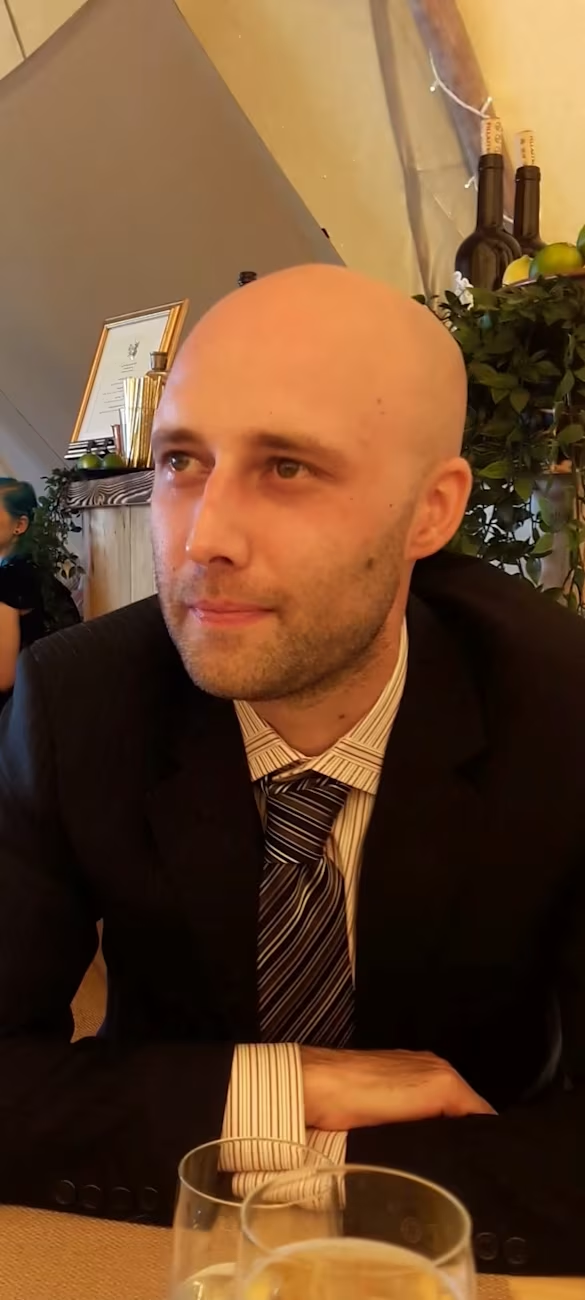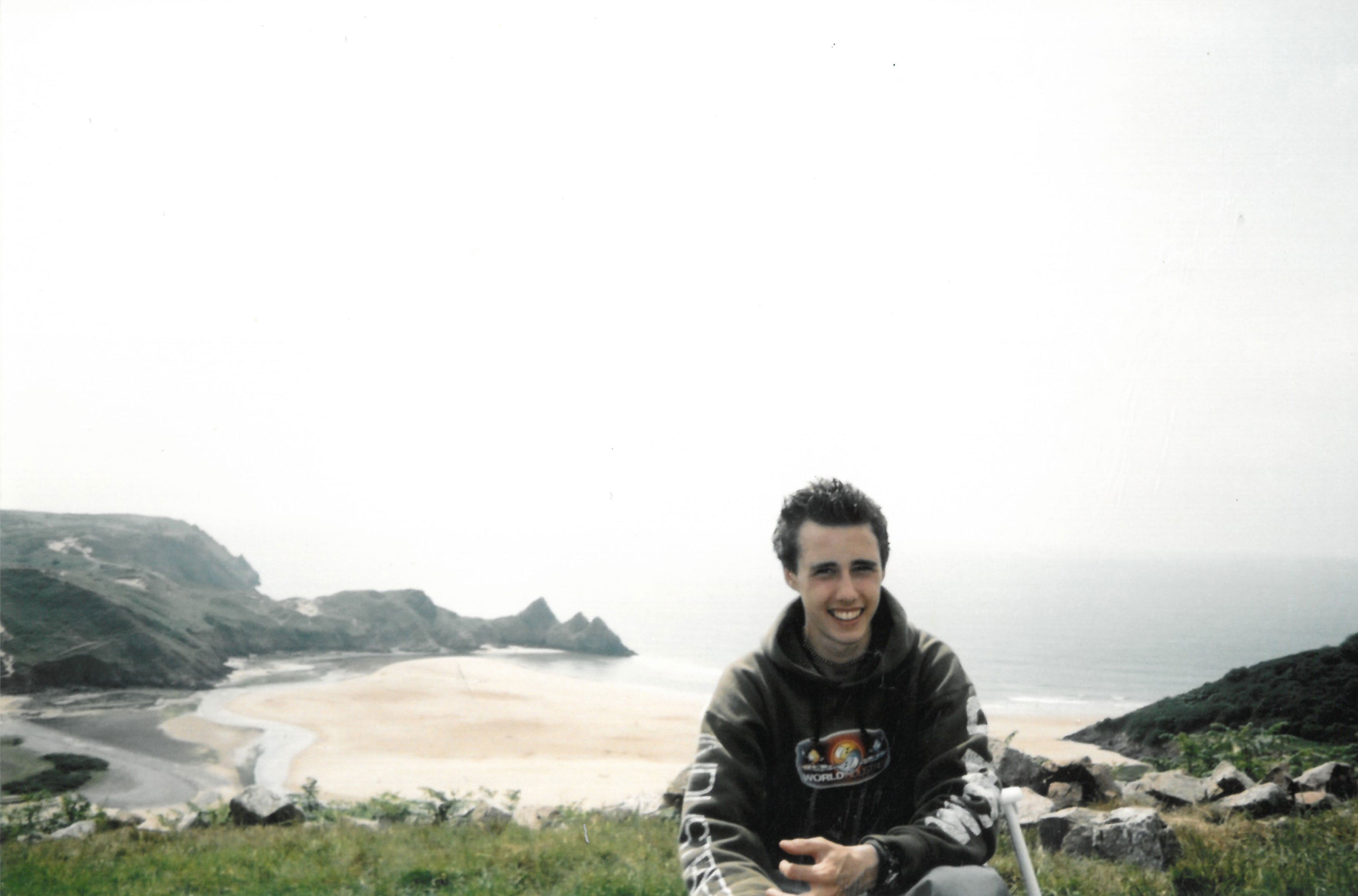
This is the tragic story as shared here by our member, Claire Wright, who tragically lost her son, Martyn.
"I have to bring attention to the failures by WAST (Welsh Ambulance Service Trust) that I believe contributed to the death of my 35-year-old son Martyn in December 2022 & confirms that our 999 Emergency response service has become a lottery. The link below is the online report that was published in conjunction with the news report recently broadcast by ITV Wales on their evening news programme; this media coverage followed a Public Interest report made by the PHSO of Wales who upheld all our concerns & in addition questioned the 'robustness of the complaints process' following WAST's internal investigation”.
Despite Martyn's younger brother John calling for an ambulance immediately after his brother had collapsed, paramedics arrived 40+ minutes late after the call was incorrectly downgraded by a novice 999 call-handler.
An investigation by the Ombudsman found that as well as incorrectly downgrading the call from red - reserved for the most serious emergencies – to green, the trust also gave the family incorrect information about administering CPR & the attending paramedic entered incorrect information on the clinical record. The Ombudsman also criticised the lack of transparency from WAST, who failed to explain why a key staff member was not approached in the aftermath of Martyn’s death & during their internal investigation process - this raised serious concerns about the complaints process within the ambulance trust & their refusal to provide significant evidence, despite the Ombudsman requesting it & instructing that the information be provided in their final communication with the family.

Martyn's mother Claire Wright says she has spent 28 months looking for answers regarding the failings that led to her son's death - primarily why the initial call was downgraded.
Despite taking around 25 minutes to get to Martyn's home, she still arrived before the ambulance, "When I arrived at the house that my son’s shared, I was greeted by a sight I will never forget; my eldest son Martyn was unconscious & John, my younger son, was performing chest compressions on his brother & had been for almost 30 minutes whilst waiting for the emergency services to arrive. There was no sign of an ambulance which I couldn't understand, I thought by the time I got there it should have arrived as the house is less than a mile from the largest hospital in Wales - I rang 999 again & an ambulance was deployed & turned up after a further 10 minutes or so, we later found out that the initial response vehicle was incorrectly stood down after a number of minutes by the call-handler."
Mrs Wright stated that the call-handler answering the 999 calls was only weeks into the job & inexperienced, in addition the novice was not being appropriately supervised (which should have been the case) & had made incorrect assumptions about when Martyn had collapsed & his condition at the time of the call.
"We put in a concern [to the Trust] pretty much immediately because we were so perplexed, we needed to know what had happened. Why was there such a delay & why wasn't Martyn attended to in the appropriate way? He was fit, he was young & the cause of death (Ketoacidosis) identified sometime later, statistically has a very low mortality rate if the person is under 40 & treated swiftly & appropriately – it is very hard for us to know this information & not to wonder what could have been had the first responders got to him sooner. The Service is clearly failing to provide adequate training/supervision/support to the emergency responders, which is unforgivable, especially given the gravity of the work they do. The NHS 999 Emergency Service must be fit for purpose or what hope is there for anyone when there is no other alternative available to us?”
Mrs Wright said the family's concerns have been greatly compounded by the ambulance service's tardy & vague responses to their questions & the subsequent Ombudsman's investigation.
"It is quite shocking how they deflect, embellish what they want to, yet play down other elements depending on how it makes them look."
In its report the Ombudsman also reviewed a second case in which a 93-year-old woman died after waiting 16 hours for an ambulance after falling at home. The Ombudsman found that in that instance the trust had correctly triaged & prioritised the calls but that her case should have been reviewed by a clinician who could have considered escalating the response category.
Very recently, another news report detailed how a man had collapsed in Aberdare near to a fixed public defibrillator, passers-by rang 999 for the access code so they could help him, unbelievably, the call handler was not able to provide this information.
The Ombudsman's report raised serious concerns about the inadequate complaints process within the Welsh Ambulance Service Trust. This has further highlighted how desperately a fully independent complaints process is needed to ensure meaningful learning is implemented & that resources are directed towards positive improvements into this vital service & not sidelined for the purpose of damage limitation.
Please read the full article, as per itv.com, via the links below:
Man died after 999 call was incorrectly downgraded | ITV News Wales
https://www.itv.com/news/wales/2025-03-18/man-died-after-999-call-was-incorrectly-downgraded